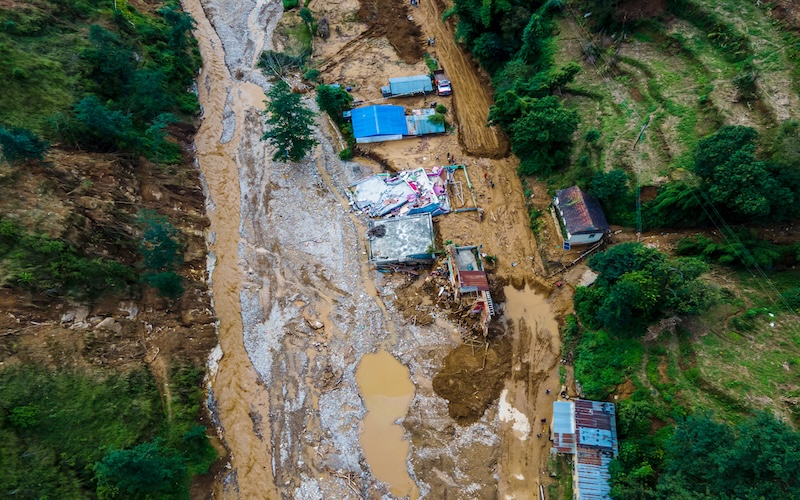How to Prep Smartly When Space is Limited
Living in a small space shouldn’t limit your ability to prepare for emergencies. With thoughtful planning and the right equipment, you can maintain a high level of readiness while maximizing your available room. When every square foot counts, strategic choices ensure that you’re ready to face emergencies without sacrificing your living environment.
The Importance of Multi-Use Gear
Efficiency is the cornerstone of prepping in a small space. Multi-use gear not only saves room but also ensures you’re prepared for a wide range of scenarios. Tools like compact multitools with built-in screwdrivers, knives, and pliers allow you to replace several single-purpose items. Similarly, folding shovels double as digging tools and survival weapons, while camping cookware often combines multiple pots, pans, and utensils into one streamlined package. Selecting gear with multiple functions minimizes bulk and enhances overall versatility.
Collapsible Gear for Maximum Efficiency
Collapsible and foldable items transform bulky necessities into space-saving solutions. For water storage, consider collapsible water bladders or stackable water bricks that can be stored flat when empty. Camp stoves with folding legs and compact windshields make meal preparation possible without taking up valuable storage. Even your sleeping arrangements can be compacted—self-inflating sleeping pads and foldable sleeping bags are lightweight and pack down small while still offering essential comfort and insulation.
Creative Food Storage Strategies
In a small living space, traditional bulk food storage can be impractical. Vacuum-sealed bags significantly reduce the size of stored grains, beans, and other staples. Stackable containers allow you to organize food supplies vertically, utilizing often-overlooked overhead space. Freeze-dried and dehydrated meals are excellent choices due to their long shelf lives and minimal space requirements. To ensure variety and adaptability, consider storing seasoning packets, powdered drinks, and nutrient-dense bars that pack a lot of nutrition into small packages.
Portable Water and Filtration Options
Water is a critical component of any prepper’s plan, but large storage tanks can be impractical in tight quarters. Instead, focus on portable solutions. Stackable water containers, collapsible jugs, and compact filtration systems like straw filters or small pump purifiers ensure access to clean water without requiring excessive storage. For additional security, include purification tablets or UV purifiers that can sterilize water on the go.
Compact Energy Solutions
Reliable energy is vital during a crisis, and compact energy solutions can keep you connected and functional. Foldable solar panels are lightweight and efficient, providing power for essential devices like radios, phones, and flashlights. Hand-crank chargers and portable power banks are essential backups for keeping electronics operational. Compact battery packs designed to charge small appliances or provide lighting in off-grid conditions are also valuable additions.
Streamlined Emergency Kits
Emergency kits should be both comprehensive and portable. Opt for lightweight, durable backpacks that can hold essential items like first aid kits, lightweight clothing layers, compact shelters, and minimal cooking equipment. Choose quality over quantity—focusing on what’s truly necessary ensures your kit remains manageable and easy to transport. Modular packing methods, such as dividing gear into smaller pouches or zippered compartments, help keep your supplies organized and accessible.
Space Optimization Tips
For those living in small spaces, every inch of storage matters. Vertical storage solutions, such as shelves or wall-mounted hooks, can free up floor space for larger items. Under-bed storage bins and furniture with built-in compartments offer hidden areas for supplies. Rotate your gear and supplies regularly to maintain their freshness and functionality while avoiding clutter. By leveraging overlooked spaces, you can expand your storage without crowding your living area.
Conclusion
Prepping in a small living space demands creativity, adaptability, and thoughtful gear selection. By emphasizing versatile and practical, space-saving solutions, you can stay fully prepared regardless of your living quarters' size. Limited space isn’t a restriction—it’s an opportunity to be resourceful and strategic, ensuring you’re equipped to face any crisis with confidence.




